

Welcome to SCoRE’17
The Research Centre on Didactics and Technology in the Education of Trainers from the University of Aveiro (UA), Portugal, is pleased to announce the 1st edition of Autumn School CIDTFF entitled “SCoRE’17 – Science Communication for Researchers in Education: how to do it successfully”, which will take place from November 5th to 10th, 2017.

In a world dominated by an economical terminology and discourse, we could say that the research productivity rates are higher than ever. New studies and findings pop up in the news every day and flash travel across the globe through social media, such as Facebook, Twitter and Instagram. And yet which studies and which findings?
Education and sustainability are key concepts nowadays, whether they are used separately or as interrelated and interdependent. But do researchers in Education promote the sustainability of their research and findings? To be sustainable, research in Education must be understandable, accessible, applicable and, most important, a topic of discussion out of the closed research community.
Have you ever been asked questions like: What exactly do you do? How does research in Education really works? Is your research project going to change anything? Well, it is time to change that. In this course, participants will have the opportunity to work with experts in Science Communication in order to develop competences that will allow them to turn their research into a society’s matter.
The main purpose of this programme is to develop the participants’ competences in Science Communication aiming at different audiences (e.g., politicians, academics, teachers and students and public in general) by (i) using different approaches (e.g., press releases, infographics), and (ii) adopting diverse media channels (e.g., YouTube, Facebook, newspapers).
It will involve different experts and trainers [keynote speakers, professors/monitors and post-doctoral researchers] in Science Communication and research in Education that stand out for communicating science in a creative way.
SCoRE’17 will be a unique experience for those who wish to learn how to communicate their research in multiple ways and to contribute to public awareness about research in Education.
SCoRE’17 aims to:
_increase participants’ engagement and expertise in different Science Communication approaches for diverse publics (such as educational and political);
_enhance participants’ transversal competences, such as autonomous learning, reflective competences, digital competences, data management, and public presentation;
_promote an international academic network of “Science Communication on research in Education”.#
Venue
SCoRE’17 will take place at the Department of Education and Psychology of the University of Aveiro (UA), Portugal, and it will be supported by the Research Centre on Didactics and Technology in the Education of Trainers (CIDTFF).
KEYNOTE SPEAKERS
Day 1 (November 5th) Welcome day
Science.com
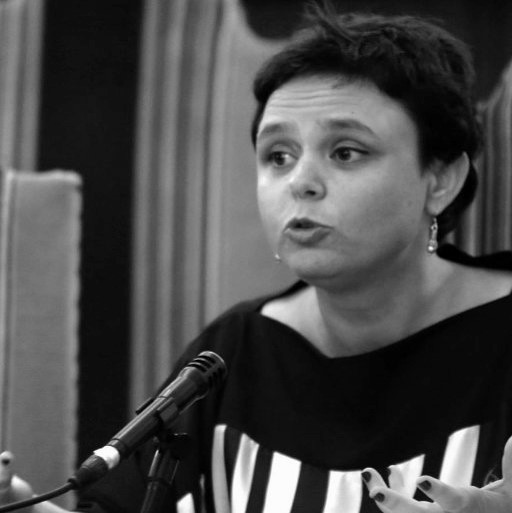
Joana Lobo AntunesNOVA University of Lisbon, Portugal
Day 2 (November 6th)
InfoScience
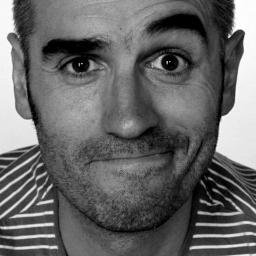
Aitor EguinoaUniversity of Navarra, Spain
Day 3 (November 7th)
What’s up Science?
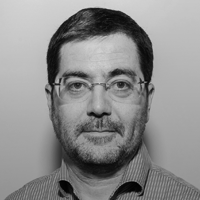
António GranadoNOVA University of Lisbon, Portugal
Day 4 (November 8th)
FlashScience
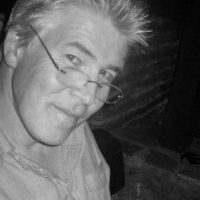
Malcolm LoveFamelab International, United Kingdom
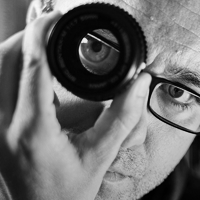
Nuno BarbosaUniversity of Aveiro, Portugal
Day 5 (November 9th)
HiScience
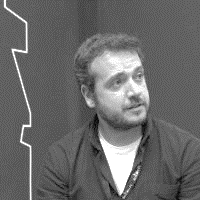
Alexandre GamelaBotanic Garden of the University of Coimbra, Portugal
(more information available soon)
PROGRAMME
SCoRE’17 is a six/day intensive learning programme that will take place from November 5th to 10th, 2017.
The programme includes five seminars presented by different experts, focusing on Science Communication. Besides that, there will be group discussions, individual and collaborative work, project design, and presentation of projects’ results.
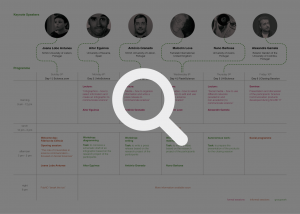
The participants will develop several transversal competences to become proficient science communicators and advanced problem solvers.
Day 1 (November 5th) – Welcome day
Joana Lobo Antunes (NOVA University of Lisbon, Portugal)
ThemeObjectivesScience.com
Dialogue and reflection about the role of universities in Science Communication
To promote participants’ reflections on key issues about the role of higher education institutions in knowledge mobilization, in this case, in research in Education.Social Programme: Thematic visit to “Fábrica da Ciência” and PubhD dinner
Day 2 (November 6th)
Aitor Eguinoa (University of Navarra, Spain)
ThemeObjectivesInfoScience
Static infographics – how to select information and create an infographic to communicate science
To develop graphic competences, to be able to conceive an infographic to communicate science
Day 3 (November 7th)
António Granado (NOVA University of Lisbon, Portugal)
ThemeObjectivesWhat´s up Science?
Media – how to organize information and write a press release to communicate science
To develop scientific writing competences, acknowledging the relevance of an appropriate textual organization of contents to communicate effectively in online platforms (e.g., Galileo, EUREKA, Universia).
Day 4 (November 8th)
Malcolm Love (Famelab International, United Kingdom)
Nuno Barbosa (University of Aveiro, Portugal)
ThemeObjectivesFlashScience
Short/animation video – how to select information to edit and use videos to communicate science
To develop audiovisual competences, to be able to edit a video to communicate science.
Day 5 (November 9th)
Alexandre Gamela (Botanic Garden of the University of Coimbra, Portugal)
ThemeObjectivesHiScience
Social media – how to use different networks (academic and non-academic) to communicate science
To develop online dissemination competences, to be able to use the social networks to communicate science (e.g., Facebook).
Day 6 (November 10th)
Closing session: Presentation and discussion of the participants’ Science Communication resources developed during SCoRE’17
Social Programme: “AveiroTour”
European Credit Transfer System (ECTS): the request for creditation submitted by the Organizing Committee of this Autumn School is under analysis. Detailed information will be available soon.
PARTICIPATION
SCoRE’17 is open to all motivated researchers in Educationinterested in Science Communication and aiming to communicate their research findings successfully.
Participants should be enthusiastic to learn, and ready for a fully immersive experience on a Science Communication training programme.
No previous experience in the topic is required. However, participants should have basic digital competences. Doctoral students and young educational researchers are encouraged to apply. The maximum number of participants is 20.
Proposal submission
We invite researchers to submit an abstract of a research projectthey are involved in at the moment (maximum of 1000 words) and a motivation letter (maximum of 250 words). Both texts should be written in English.
The abstract should have a title (of the research project) and include a short description of (a) the research purpose, questions and/or aims, (b) conceptual framework, (c) methodology, (d) (expected) outcomes, (e) timetable, and (f) references. Participants will also have to state why they want to attend SCoRE’17 in the motivation letter.
The submitted abstracts will be the basis for the workshops and their outcomes (e.g., press release, animation video), in order to meet the participants’ needs and expectations.
Proposals must be submitted at Easychair, until May 31st, 2017.
Authors will be notified until June 30th, 2017.
(more information will be available soon)
Early bird registration: 200€ (until August 31st, 2017)
Late registration: 270€ (until September 30th, 2017)
Course fee includes:
_registration
_course materials
_coffee breaks
_lunch
_social programme
Deadline for submitting proposals: May 31st, 2017
Notification to the participants: June 30th, 2017
Deadline for early registration: August 31st, 2017
Deadline for registration: September 30th, 2017
SCoRE’17: November 5th to 10th, 2017